
This case illustrates the practical implications and effectiveness of the Minnesota Multiphasic Personality Inventory-2 in documenting patient recovery during treatment for delusional disorder.

This case illustrates the practical implications and effectiveness of the Minnesota Multiphasic Personality Inventory-2 in documenting patient recovery during treatment for delusional disorder.

Alkermes plc’s new drug, ALKS 3831, pending FDA approval, could be helpful in the treatment of patients with schizophrenia or bipolar I disorder.

Abnormal glutamate and GABA levels may underlie cognitive deficits. A recent study investigated these associations in a large group of antipsychotic-naïve patients with first-episode psychosis.

Schizophrenia is associated with an increased prevalence of alcohol use disorders. A post-hoc analysis of the clinical course of the 2 disorders is an important change in this understudied and often overlooked population.

Do neurological signs at illness onset predict long-term outcome schizophrenia?
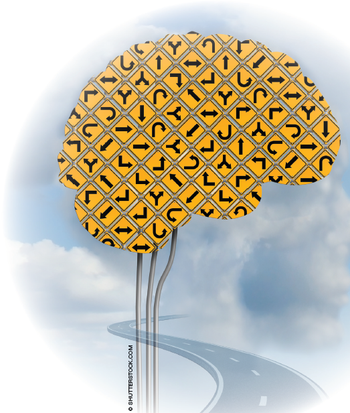
The acute psychotomimetic effect of cannabis is transitory, but evidence indicates that the chronic use, especially if started in adolescence, contributes to the occurrence of schizophrenia.

Does cognition predict outcomes in patients at clinical high-risk for psychosis?
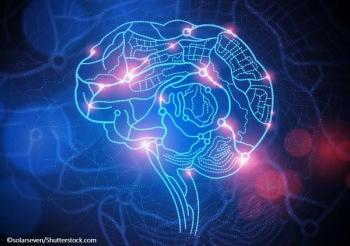
In comparison to the classic presentation of schizophrenia, ANMDARE features a later age of onset, female predominance, visual hallucinations, relative lack of cognitive disorganization, and a lack of an extended prodromal period.

The role of the oropharyngeal microbiome in schizophrenia and mania.

The biggest challenge we have faced thus far has been a three-fold rise in requests for assistance in managing persistent delirium. Needless to say, we are not twiddling our thumbs.

A nationwide cohort study sought to determine the clinical course of schizophrenia in women and men in order to improve diagnostic accuracy and design guidelines.
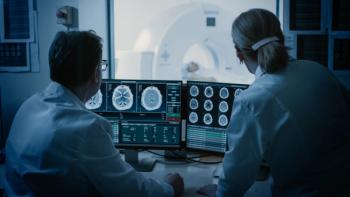
The role of neuroimaging is to rule out medically or surgically treatable causes of illness, such as new-onset psychosis.

When the patient has significant comorbid psychiatric problems, high risk of suicide, and Huntington disease, the role of clinician spills over into patient advocate in a complex medical system.
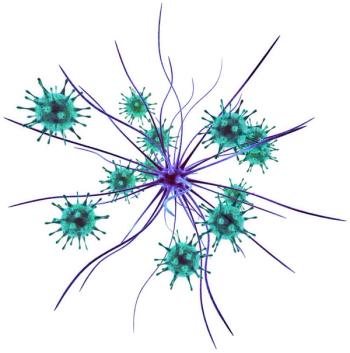
With adequate clinician awareness and prompt initiation of diagnostic testing and intervention, patients with autoimmune encephalitis can lead productive lives. A range of tests is described here.
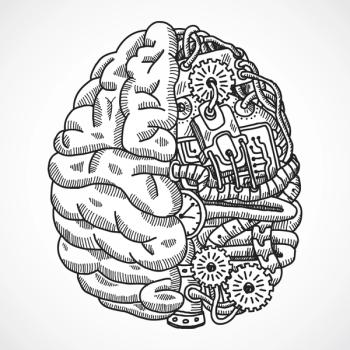
Clinicians should keep in mind the risk-to-benefit ratio considerations before initiating polypharmacy, especially if they have patients with prescriptions inherited from several sources. Here: A summary of recommendations about the use of polypharmacy in psychotic disorders.
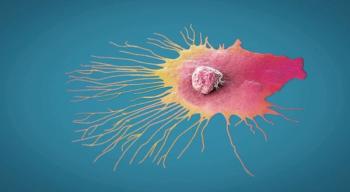
Patients with schizophrenia often have worse outcomes than their peers without the diagnosis. How you can support your patient in ensuring a better cancer prognosis?

There is evidence in both patients with psychotic disorders and the general population that cannabis use is associated with adverse effects of psychopathology and cognition.
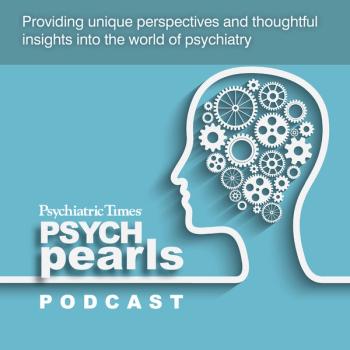
Although the diagnostic criteria used in children are the same as adults, there are some key differences in clinical presentation of psychotic features. More in this podcast about childhood schizophrenia.
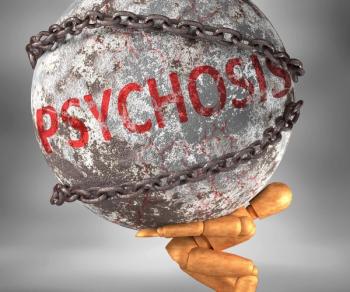
New research on the prevalence of NMDA-receptor antibody encephalitis in first-episode and treatment-resistant psychosis
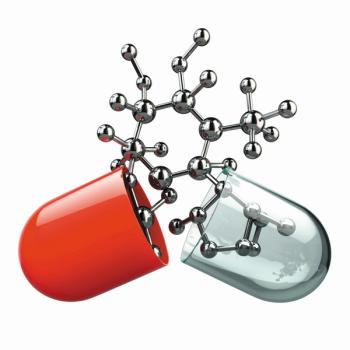
Treatment strategies for antipsychotic-induced hyperprolactinemia.

This form of nonsuicidal self-injury occurs within a spectrum of severity, and it is very likely that cases are both underreported and unpublished.

Despite the vast research conducted to better understand biological mechanisms underlying psychosis, people with psychotic disorders continue to suffer.

Those of us who have a diagnosis of a psychotic disorder are, above all, human beings. We are more than the disorder.

Psychotic disorders are potentially serious and enduring and have been seriously neglected in health systems worldwide. The good news is that better medium-term outcomes are now achievable.

Drs Zuardi and Crippa discuss the current stage of scientific evidence that supports the use of cannabidiol in schizophrenia, anxiety, and Parkinson disease.